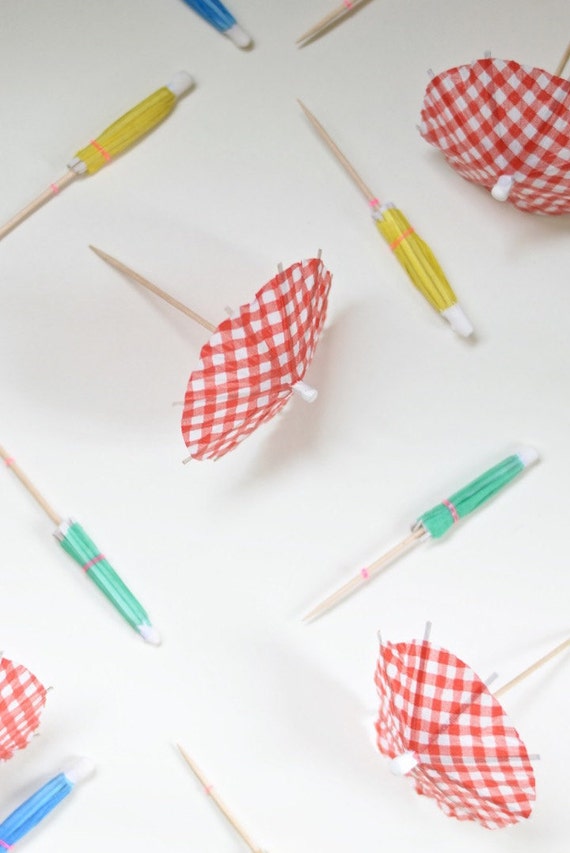Donor registration and migration
Time for some migration issues again. A long – long – time ago I decided to register myself as an organ donor. I think I did so right after I reached the age of 18, maybe earlier. Although I think it only is legit after you reach legal maturity. Before that your parents have a final say. I decided to register my wishes quite consciously, as my mother, at that time, had different thoughts about organ donation, and I wanted to make sure the right thing – in my eyes – would happen in case I passed away and my nearest and dearest had to choose what would happen with my organs.
I met Eduard later on in my life and he apparently had similar thoughts to mine concerning this issue. It’s comforting to know that your life partner thinks the same way about these kind of important issues. But as we weren’t/aren’t married or in any way legal partners, I still felt the need to have an official donor registration in the Netherlands, as I was not sure who would have a final say in this, and what would happen with my organs/body after I had passed away. So I kept my registration, just to be sure.
Years passed, and we didn’t give the registration any further thought. It was what it was, we had made our decision, and it was put into writing. Our situation changed these last few years and a few weeks ago, we somehow remembered that we had to check whether our Dutch donor registration was still valid in France. Now that we definitely had migrated. I took the task upon me to find the information and checked the rules and procedures.
Apparently in our case, all is well. We are still donors. Our original donor registration isn’t valid though! When you move – for a longer period – out of your country, your donor registration is de-activated. It’s not deleted, but de-activated as long as you don’t live in that country (for the Netherlands at least). At the same time all countries in the world have their own donor system, and can act, based on that system, when someone dies in their country. Some countries consider all people donors, unless they have a written objection. Other consider nobody a donor, unless they have registered as donors. It’s pretty interesting to know that your donor (de)registration is basically only valid if you die in your country of residence. Statistically it’s also the most probable place where you will end your life, so it’s not much to be concerned about I guess.
Anyhow, all was well in our case as I said. Why is that? Well, we don’t have to do anything because France has a donor procedure which makes everybody a donor, unless people send a written objection beforehand. That’s easy for us, as it fits our wishes!
On the Dutch donor registration website I found a list of a few countries that have a yes or no, unless procedure around organ donation:
A few countries that have the yes, unless – procedure are: France, Belgium, Austria, Spain, Finland, Sweden, Italy and parts of Switzerland.
A few countries that have the no, unless – procedure are: England, Turkey, Germany, The Netherlands and Ireland.
If you were a donor in your country of origin and want to remain one, and come from a passive yes, unless-system into an active no, unless-system, you – as a potential life saver – most definitely have to inform yourself about the donor registration procedure in your country of residence! If you don’t do anything, your wishes might not be heard – unfortunately.
For those of you that haven’t migrated and aren’t registered organ donors: take this as a reminder to think about what you want to do with your organs after you have deceased. The dutch poster on top asks the right question in my opinion: If you could save somebodies life, would you do it? Yes. / No.



